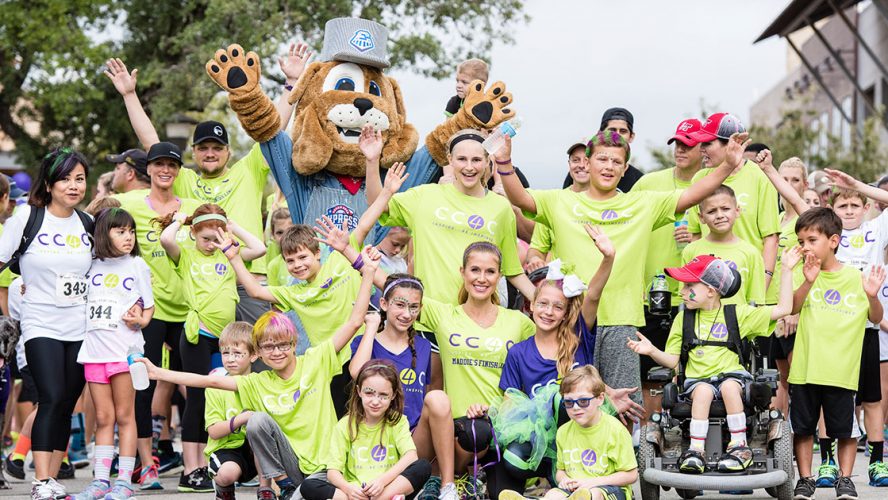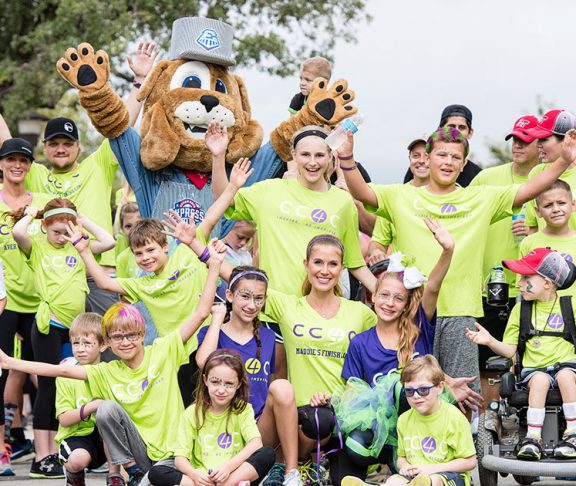Feelings of anxiety, fear and frustration rank commonly among children battling rare and undiagnosed medical conditions. Parents bear this burden and need help. These five tips are for moms and dads who need a helping hand when dealing with their child’s disease and don’t know where to turn.
1. Know that you’re not alone
I commonly hear mothers say, “The most difficult part was watching my child battle through pain and fear, feeling like we were alone without support.” My daughter, Cheyanna, suffered from a condition labeled “failure to thrive.” For years, I traveled across the country seeking anyone who could help save my baby. It was a harrowing journey to her accurate diagnosis and through her treatment. I learned that the best way to help my daughter was to turn towards the ‘rare community’ and ask for help from friends and family. It also prompted me to start a foundation, Cheyanna’s Champions for Children (CC4C), with the goal of providing children in need of answers with a community to turn to for resources and support.
2. Build a nest
Surround your family with comfort and inspiration. The stress of battling for your child’s life puts an enormous strain on the entire family. Make sure everyone feels heard and has “breaks.” Give your child unique “once in a lifetime” experiences to uplift him or her and find that one friend who will just listen to you when you need it.
3. Get organized
CC4C partners with one of several web-based applications that collect and store a patient’s complete history including medical records, tests and medications. This saves families critical time when applying for trials or other research opportunities. When your child has multiple doctors and years of testing, a central source of information is crucial.
4. Reach out
Contact a director of genetics at one of the Undiagnosed Disease Network’s medical research hospitals. There are various types of genetic tests, some more complex than others. These research hospitals will provide the best advice on which testing is right for your child.
5. Get social
Use social media to make connections with other families and organizations facing similar medical issues. Twitter is especially helpful. Parents can learn more from other parents and adolescents with these issues. Follow the National Organization for Rare Disorders, Rare Diseases, Faster Cures and connection networks like Ben’s Friends.

